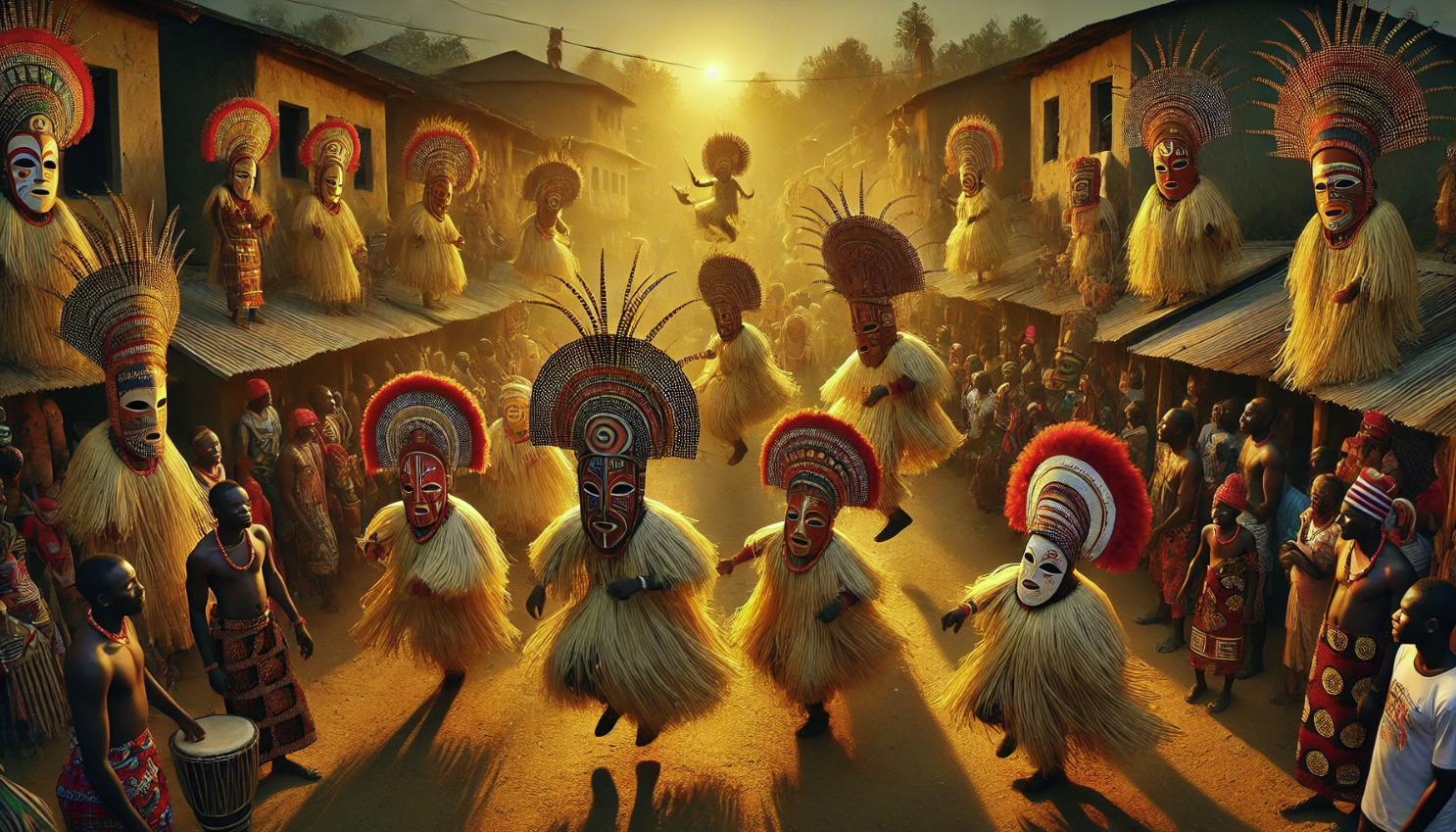Extended Family and Social Structure
- Extended Family (Umunna): Igbo society places great emphasis on the extended family. The umunna is the foundation of social life, consisting of several family units that trace ancestry to a common forebear. These kinship networks foster unity, mutual support, and a collective sense of responsibility.
- Respect for Elders: Age is highly respected in Igbo society. Elders often lead communal discussions, settle disputes, and serve as custodians of cultural norms. Younger members are expected to show reverence for older relatives and community leaders.
Kola Nut Ceremony (Iwa Oji)
- One of the most significant Igbo customs involves the breaking and sharing of the oji (kola nut). The kola nut, often held up by a family elder or host, symbolizes hospitality, unity, and peace. Its presentation is a sign of respect toward guests, and the prayer said before breaking it invokes blessings upon everyone present.
Marriage and Bridewealth (Igbankwu)
- Traditional Igbo marriage, known as igbankwu, is a festive occasion that unites families and communities. The groom’s family presents gifts (often referred to as a dowry or bridewealth) to the bride’s family to show appreciation. This is not merely a financial exchange but a ritual symbolizing the blending of two families.
Festivals
- New Yam Festival (Iri Ji): Perhaps the most famous Igbo festival, Iri Ji celebrates the yam harvest, heralding the beginning of the Igbo calendar year. It features masquerades, cultural dances, drumming, and communal feasting on yam dishes. The festival honors fertility, hard work, and community bonds.
- Masquerade Festivals (Mmanwu): Masquerade performances are integral to Igbo culture. Dancers wear elaborate masks and costumes to represent ancestral spirits and deities. These performances serve both as entertainment and as spiritual rites that reinforce community values.


